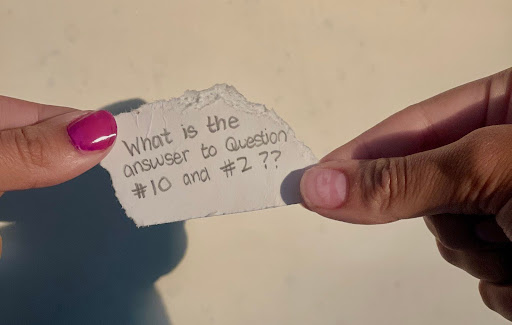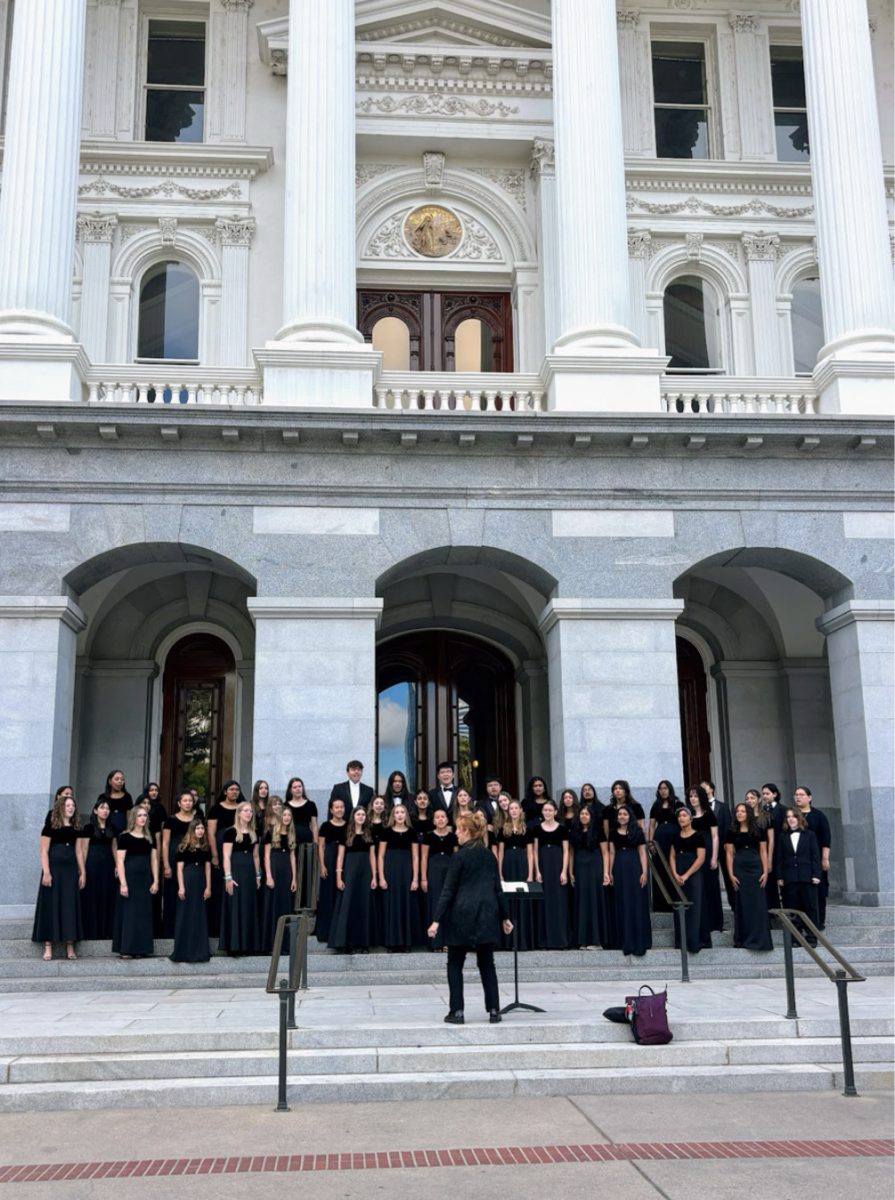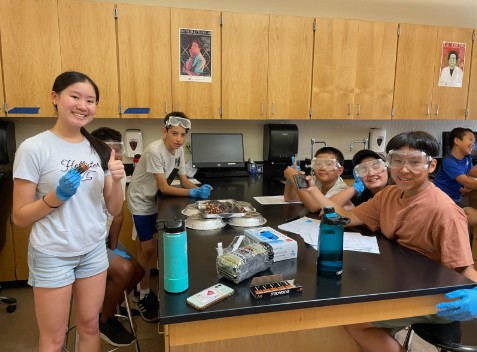“Cheating has been around for as long as schools have existed,” said Jesse Champion, Vice Principal at Cosumnes Oaks High School. “It’s not something that’s unique to our campus, but it is something we work hard to minimize.”
Champion explained that the Cosumnes Oaks policy allows teachers to decide how to handle cheating on a case-by-case basis.
“Teachers have discretion,” he quotes from Cosumnes Oaks. “They can choose whether to offer students a chance to make up the work or give them a zero. If it becomes a repeated issue, that’s when the referral system kicks in and we get involved.”
Research has revealed through, that many teachers do turn a blind eye to cheating however, most commonly due to addressing the confrontations. Other programs are provided though to combat students who need extra attention.
Cosumnes Oaks provides interventions to try and support students to prevent the issue. Champion also noted that the school’s PBIS (Positive Behavioral Interventions and Supports) program helps identify students who are falling behind and offers extra support.
However, even with these resources in place, the pressure to succeed academically is significant.
“It’s that pressure to get whatever grade is the expectation that’s on them,” Champion said. “Whether it’s a student at the bottom trying to pass or a student at the top aiming for a valedictorian spot, it’s that pressure that contributes to cheating.”
Student Perspectives on Cheating
The pressure to succeed is not lost on students, either. Glory Schlegel, a junior at Cosumnes Oaks High, explained that while she feels pressure from herself and her parents to maintain high grades, she has never resorted to cheating.
“For me, academic success is really important,” Schlegel said. “I don’t think cheating is necessary, but I do understand how some people might feel like it is, especially when there’s no way to study for a test.”
Schlegel, like many students, has witnessed cheating in her classes, particularly in subjects like history. “In history class, when the questions don’t even match what we’ve learned, I can see how some students might think it’s okay to cheat,” she said. “But even though it might feel justified, it’s still wrong.”
A study done by Psychology Today, agreed with the idea that students whose intentions are to be honest and who know cheating is wrong also routinely cheat in school. Leading kids to understand their wrong actions, but engage in it regardless.
Other students, like senior Sarah Yuh, have witnessed more blatant forms of cheating. “Last year, in my AP Biology class, a group of seniors was caught passing around answer keys,” Yuh recalled. “It wasn’t even subtle. One student had a video of someone cheating on their phone.”
Yuh stressed that while the pressure to perform can lead students to cheat, it’s important to recognize the consequences. “When one person cheats, it affects everyone,” she said. “It’s not just about you anymore; it messes up the curve for the rest of the class.”
Why Do Students Cheat?
Cheating isn’t always the result of malicious intent, according to a female senior. “It’s easy to take the easy way out,” said an anonymous student at Cosumnes Oaks High. “Sometimes it’s desperation—maybe you didn’t have time to study or you’re too lazy to put in the effort.”
This feeling of desperation was echoed by other students who admitted to cheating when they felt overwhelmed by the demands of school. “When the pressure is too much, and you don’t feel like you can succeed on your own, cheating starts to look like an option,” said Yuh. “But it’s not something I condone. It’s just a product of the environment we’re in.”
As Champion said, “The system we have creates an atmosphere that leads to cheating. Whether it’s the pressure to get a high GPA or the desire to get into a top college, students are motivated by these external factors.”
A data collected sample found that many students are faced with the concept they must achieve good grades in order to have a successful life. Knowing that many students also agreed that many people lie and cheat to be successful.
However, for students like Schlegel, success is about learning and personal growth, not just the grade on the paper. “I feel like academic success is more about mastering the material,” she said. “Cheating doesn’t teach you anything.”
Sources: https://www.psychologytoday.com/us/blog/our-new-discontents/202309/what-to-do-about-student-cheating
https://www.aft.org/ae/winter2001/mccabe









